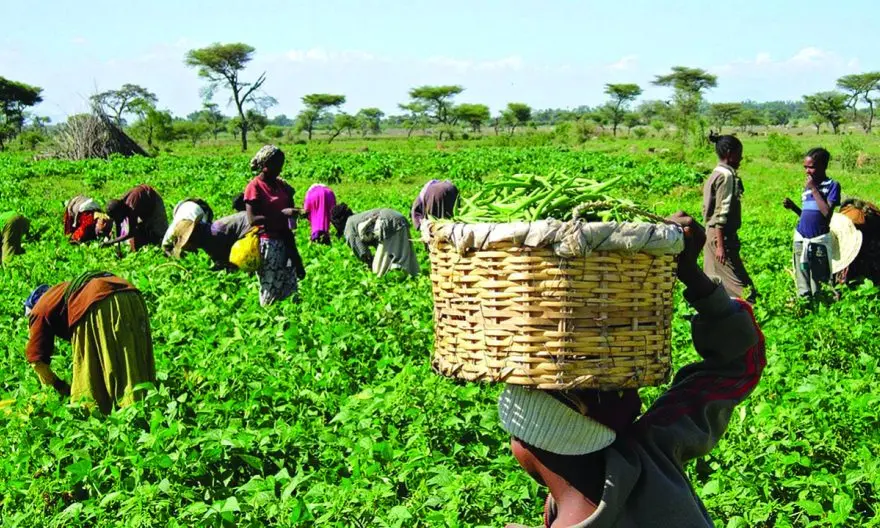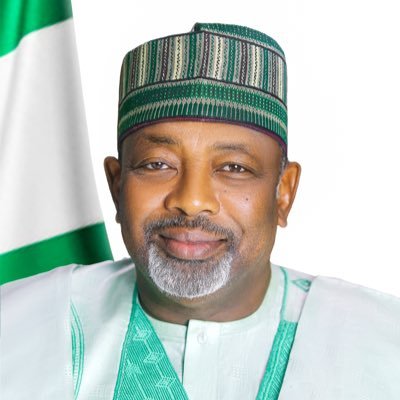At Infrastructure Dialogue 2025, TGI supports collaborative financing for agric development
The Tropical General Investments (TGI) Group has reiterated its commitment to Nigeria’s economic transformation.
The firm, which disclosed this at the 2025 Infrastructure Dialogue in Abuja, with the theme: “Financing Sustainable Energy and Agricultural Infrastructure for Economic Development,” emphasised the power of strategic partnership and rural inclusion to bridge critical gaps in food security and energy access.
The dialogue, which brought together key stakeholders across the public and private sectors, provided a robust platform to deliberate on actionable solutions to Nigeria’s persistent energy challenges and underdeveloped agricultural systems—both critical areas in the country’s economic growth agenda.
Speaking at the event, stakeholders, including the Minister for Agriculture and Food Security, Senator Abubakar Kyari, represented by Mark Kelvin Olajire, emphasised the urgency for innovative financing frameworks that blend government intervention with private sector participation to address systemic gaps across the energy and agriculture value chains.
“To finance sustainable energy projects, we must seek to complement what the government at all levels are doing. Thus, we need to explore innovative financing models that can attract private sector investment”, Kyari said.
Speaking on behalf of TGI Group, Director of Corporate Affairs, Sadiq Kassimre, affirmed the group’s dedication to infrastructure development through co-financing models that allow for sustainable and inclusive growth.
“We believe development is more impactful when the risks, resources, and responsibilities are shared,” Kassim said, noting that: “when partners co-fund, we ensure dignity for beneficiaries while building structures that last.”
He added that collaborative financing also helps accelerate inclusion, especially in underserved and rural communities.
Kassim explained: “When we co-invest with governments or development partners, we’re not just funding projects—we’re building local capacity, reducing dependencies on aid, and embedding economic value within communities. Our outgrower schemes, rural aggregation hubs, and energy-efficient processing centers are examples of how joint investment can unlock scalable impact.”
Former Adamawa State Governor, Boni Haruna, who was the Chairman of the event, stressed the importance of continuity in development planning: “What we need most is consistency in policy implementation. The solutions exist, but they require sustained commitment across political administrations and business cycles.”
Also speaking at the forum, the CEO of TTL Group, Dr. Onuoha Nnachi, highlighted why the dialogue’s focus on energy and agriculture was timely and critical to national development.
“The more power supply and energy available in the country, the more the country gets industrialised, which leads to economic growth. And globally, food insecurity has been around, attributed to climate change and some external forces. So, we decided to dive into this topic to proffer solutions.
“At the end of the day, we will try to pass the outcomes to the government, which is always our objective. We are also using the opportunity to inform the government that renewable energy solutions cannot be achieved by the private sector alone,” he said.












